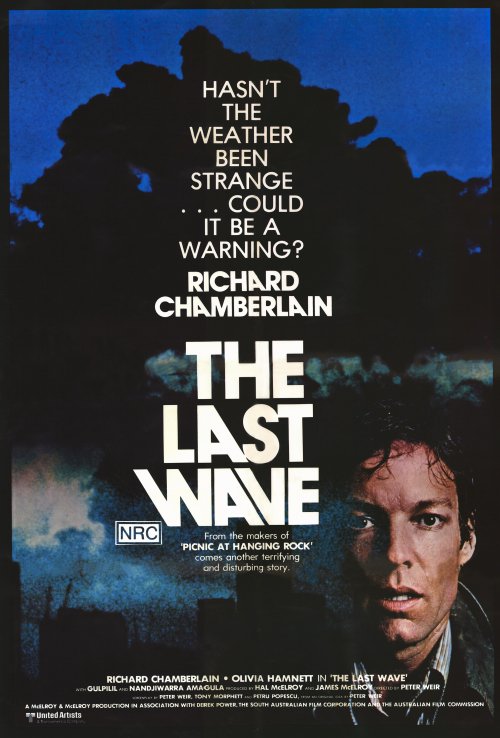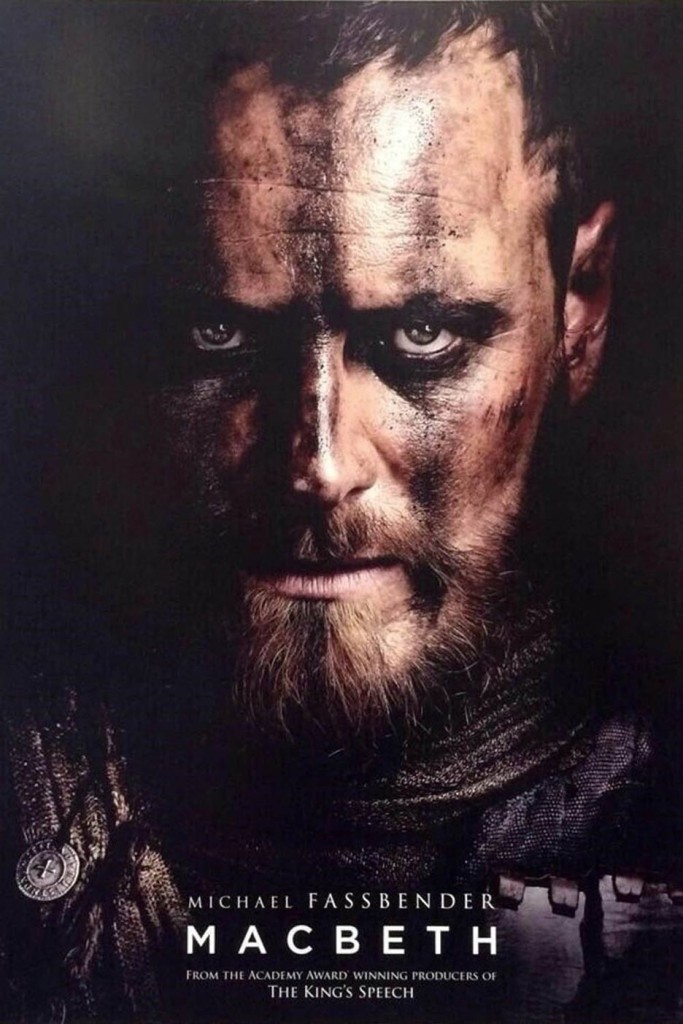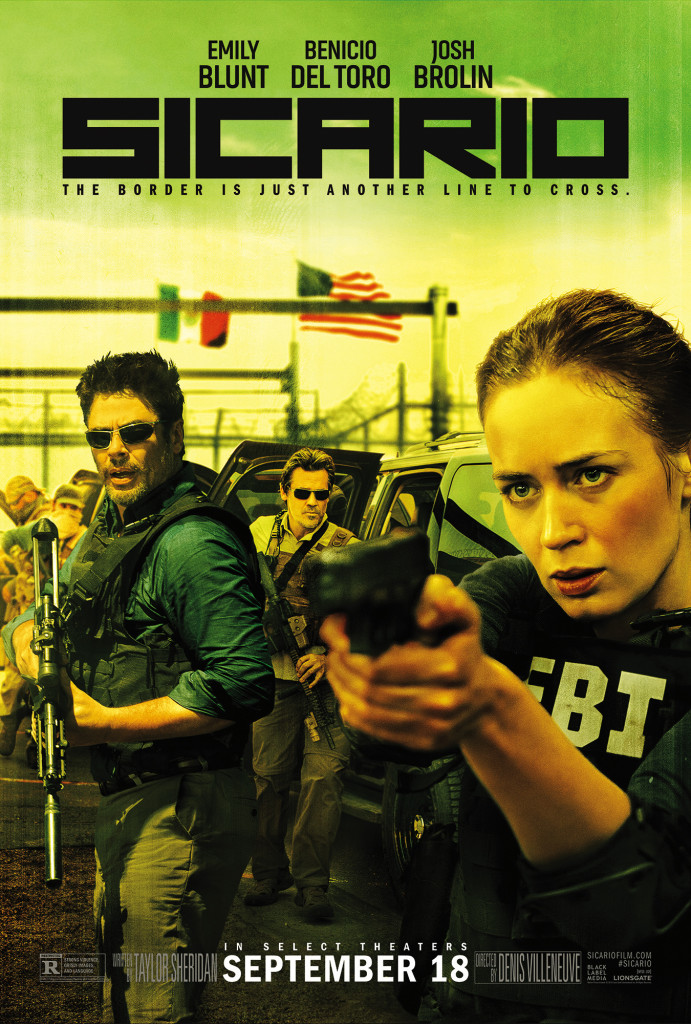 During the recent Melbourne International Film Festival, I had an interesting discussion about whether genre films can ever deal with important social issues in a way that is not titillating or exploitative. One example of a genre film that does, shown at this year’s MIFF, is Peter Weir’s 1977 film, The Last Wave.
During the recent Melbourne International Film Festival, I had an interesting discussion about whether genre films can ever deal with important social issues in a way that is not titillating or exploitative. One example of a genre film that does, shown at this year’s MIFF, is Peter Weir’s 1977 film, The Last Wave.
The Internet Movie Database classifies The Last Wave as a ‘drama/mystery/thriller’ but it is also laced with supernatural/occult tropes popular in many horror films of the seventies. It’s a story about weather and the climate, in a way that can now be viewed as a remarkably prescient. But most importantly, given my introductory comments, it is also a relatively sophisticated attempt by a white director to engage with Indigenous Australian issues and mythology and the clash between Aboriginal law and Western law.
You can read my piece on Weir’s The Last Wave in full here on the Overland site.
… Read more






















